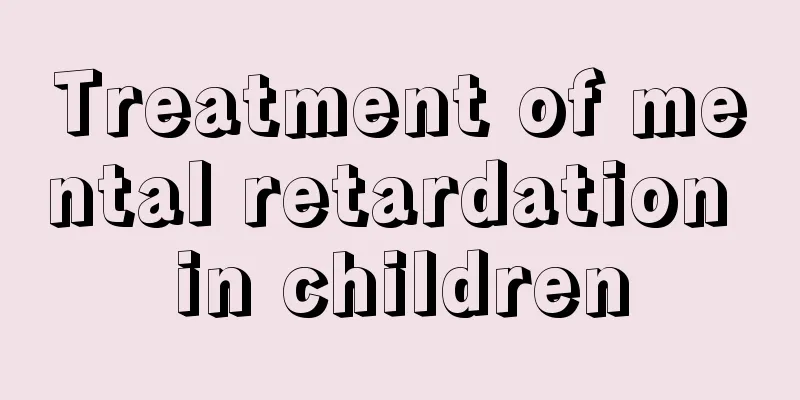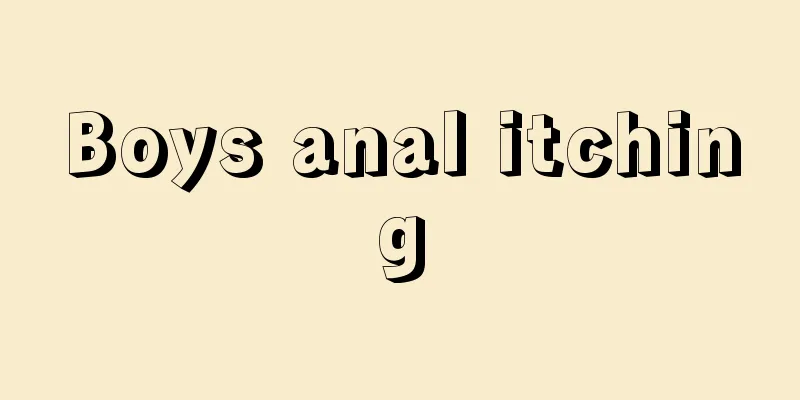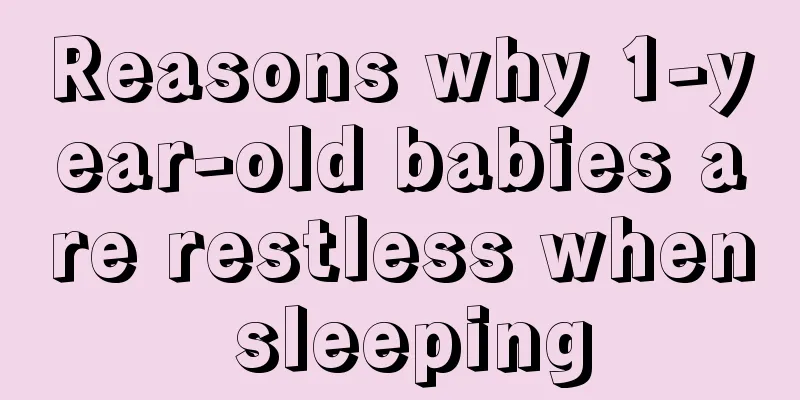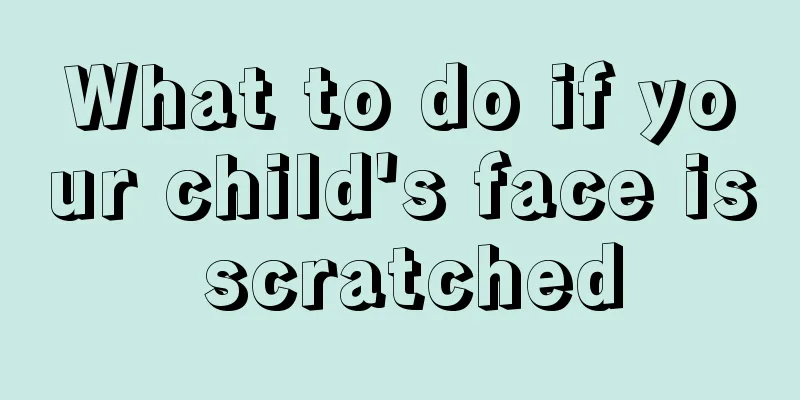What to do if teeth grow backwards

|
During the process of tooth growth, we often encounter tooth deformities. However, it is relatively rare for some teeth to grow backwards. In order not to affect the normal growth of other teeth, we usually extract the inverted teeth. If the extracted teeth will not grow again, then we can consider using dentures to replace the missing teeth. Dental deformity refers to the deformity of teeth, jaw, and craniofacial structure caused by congenital genetic factors or acquired environmental factors during the growth and development of children. Such as uneven tooth arrangement, protruding upper teeth, protruding chin, crooked mouth, etc. With the continuous deepening of clinical research, the concept of modern dental deformity is far more than just referring to the misalignment and uneven arrangement of teeth, but refers to a variety of deformities caused by the imbalance between teeth and craniofacial region.Causes ①Genetic factors: come from racial evolution and parental inheritance. During human evolution, as food changed from raw to cooked and soft, the chewing function gradually weakened, causing the oral and jaw organs to gradually degenerate. Among them, the jawbone degenerates faster than the teeth, resulting in the amount of teeth being greater than the amount of bones, resulting in dental crowding. Dental deformities of parents can be passed on to their children. ② Acquired factors: During the fetal period, the mother's illness, excessive radiation exposure and trauma can lead to congenital maxillofacial deformities in the fetus, such as cleft lip and palate combined with tooth deformities; pediatric diseases such as rickets, chronic rhinitis and palatine tonsillitis, incorrect bottle position and feeding posture during artificial breastfeeding, children's food is too soft, such as sticking out the tongue, sucking fingers, biting the lower lip, mouth breathing and unilateral chewing, early loss of deciduous teeth, retention, interproximal caries, supernumerary teeth and congenitally missing teeth during the tooth replacement period can all cause it.
Affects facial beauty Dental deformities have the most direct impact on facial beauty. Malformations such as overbite, open lips and exposed teeth, and mandibular deviation will greatly reduce a person's overall image. Affects overall health The reduced chewing function caused by malocclusion will increase the burden on the gastrointestinal tract, and over time will cause indigestion or gastrointestinal diseases; oral diseases such as caries, gingivitis, periodontitis, etc. caused by malocclusion will induce systemic diseases such as myocarditis and nephritis when the body's immunity is low. Affects oral and facial development If dental and jaw deformities are not corrected in time during children's growth and development, it will affect the development of soft and hard tissues in the oral cavity and face, causing obvious facial deformities. Such as overbite, parted lips and showing teeth. film
Malocclusion of teeth and other dental deformities, poor self-cleaning of teeth, and ineffective brushing make it difficult to remove food debris and plaque. Over time, it is easy to suffer from oral diseases such as caries (cavities), tartar (tartar), gingivitis (bleeding gums), etc. Severe cases can develop into periodontal disease, causing loose and falling teeth. Affects oral function Some dental deformities may affect oral function. For example, if the front teeth are open-bite, pronunciation is unclear; if the patient has an overbite or a lockbite, the contact area when biting is smaller than that of normal people, and the chewing efficiency is greatly reduced; a deep overbite will affect the movement of the mandible, causing abnormal movement of the temporomandibular joint, the moving joint of the mandible, causing pain and easily fatigued facial muscles. Impact on mental health Some children and teenagers are laughed at by their classmates or friends because of their ugly teeth, which causes them to feel inferior and seriously affects their mental health. |
<<: What to do if baby has eczema and scratches the skin
Recommend
Can purpura in children be cured?
Children have relatively weak resistance and are ...
Can deciduous teeth be filled?
From the time a child is born to the time he or s...
Why does a child cough up yellow phlegm?
The problem of children coughing up yellow sputum...
Can neonatal pulmonary hemorrhage be cured?
Neonatal pulmonary hemorrhage is very serious and...
What to do if your newborn baby has a crooked mouth
There are many reasons why a newborn baby may hav...
What to do if your baby has an irregular heartbeat
When every baby comes into the world, parents are...
Causes of cough in children
It is very common for children to cough. People w...
What is the reason for a child's long-term hoarseness?
The problem of hoarseness in children is a big pr...
What are the best ways to reduce fever in children?
If a child has a fever, parents will definitely b...
What should I do if my child has a cold and vomits? These drugs work well
There are now many Chinese medicines that can eff...
Why does a three-year-old child cry when sleeping at night?
Anyone who has to take care of children knows how...
What are the symptoms of spastic cerebral palsy in children?
Cerebral palsy in children is mainly a disease ca...
What causes high platelet count in children?
What is the reason for thrombocytopenia in childr...
Treatment of spitting up in one-month-old babies
The birth of every new life makes our parents ver...
Snacks for 2 year olds
In fact, the number of snacks for two-year-old ch...









